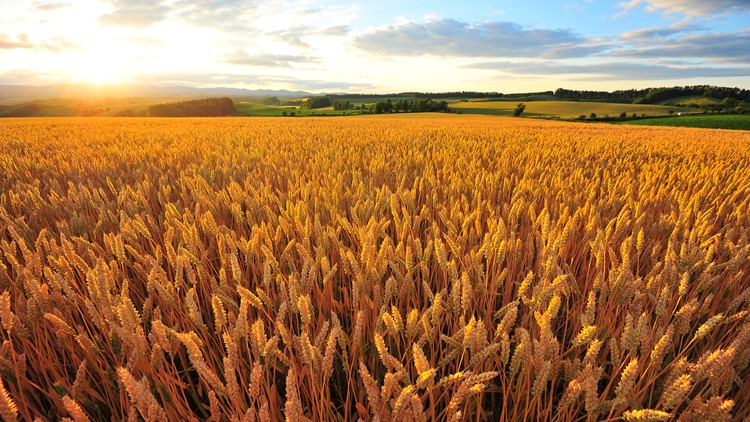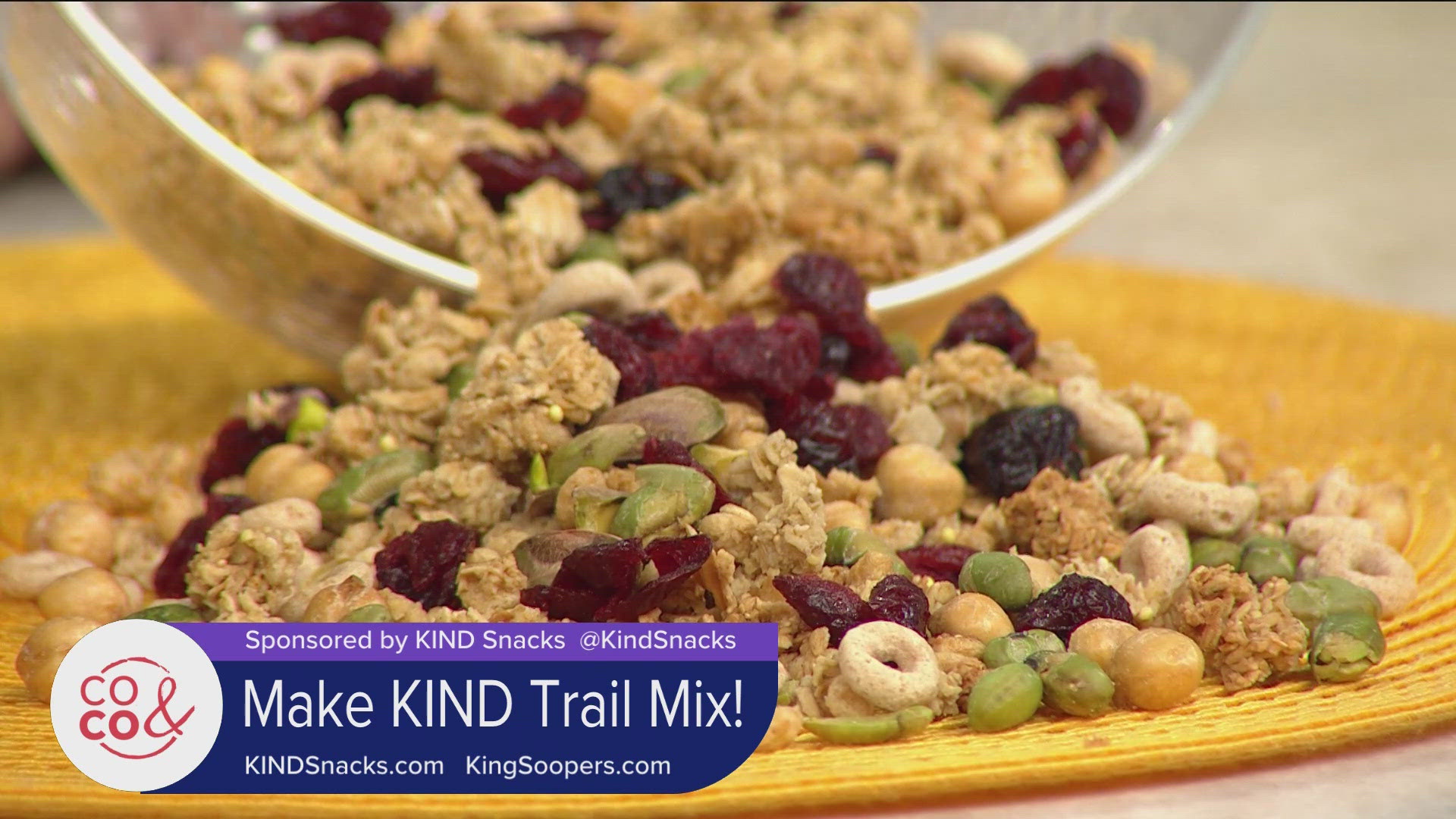Denver, CO — Optimum Wellness Presented by King Soopers
Author- Dr. James Rouse
One more thing to nix from your diet? Maybe. Or not. Lectins – are they the new dietary evils or victims of the latest dietary trend? First, let’s back up a minute and explain what they are. Lectins are carbohydrate-binding proteins found in vegetable foods (especially in grains and legumes [beans, peas, lentils], and nightshade vegetables) or about 30% of foods. They naturally help protect the host plant against potential threats, which in turn makes them difficult for humans to digest. Basically plants can’t defend themselves like many animals can, so lectins are like their built-in defense mechanisms. Lectins are also found on the surface of many organs in our body. Different lectins target different organs and body systems. These lectins act a lot like glue. Through a process called agglutination, they bunch (glue) cells together as if they were foreign invaders. Sometimes this bunching can lead to problems in the body like inflammation or stagnant blood flow (or gas and bloating).
Recently, some functional medicine experts and clinical research assert that lectins may contribute to a wide range of health problems including (but not limited to) gastrointestinal (gut) problems, intestinal damage, food intolerances, inflammatory and autoimmune conditions such as rheumatoid arthritis and Hashimoto’s Thyroiditis. Lectins are resistant to normal digestive processes and can interfere with the assimilation and absorption of nutrients from food. So, if your gut health is already compromised, consuming lectins may not be the best idea. Continuing to consume lectins can lead to further damage and an increase in gut permeability, which is a gateway for increased inflammation. Although more studies are needed to clarify the effects of lectins in human health, you can avoid most lectins by eliminating grains, beans and members of the nightshade family.
On the flip side, legumes provide a good source of protein and fiber and several studies have shown that legumes like chickpeas may help reduce risk factors for heart disease, assist with weight management and weight reduction, and potentially reduce the risk of cancer. Eating beans, peas and lentils has been shown to reduce blood lipid levels, blood pressure, blood sugar, and markers of inflammation. So what’s a person to do? How do you know what’s best for your unique biology and physiology?
If only it were that easy. Limiting or eliminating lectins can be super beneficial if you have a known autoimmune condition, challenged digestion, or systemic inflammation – gut, joints, etc. I recommend a minimum of 3 weeks total avoidance while at the same time tracking all symptoms. Then after the 3 weeks are done, slowly introducing one major lectin food at a time over a few days and again tracking symptoms.
Lectin avoidance is much more challenging for vegans since a bulk of protein in a vegan diet comes from foods that contain lectins. The good news is that cooking may reduce the lectin content of many foods. I’m talking about extensive boiling or pressure cooking here, not baking. Sprouting and fermenting may also help break down lectins in many foods.
Which foods contain the highest lectin content?
Beans, Legumes, Grains, Nightshade Vegetables, Dairy, Nuts, Seeds
Beans and legumes can be extremely irritating to the sensitive gut. Sprouted or fermented beans tend to be a bit better – raw beans are extremely irritating and toxic. Lentils may be the most easily digested and again, all beans need to be thoroughly washed and boiled before eating – if you decide to eat them at all (garbanzo, black beans, pinto beans, kidney, white bean, Great Northern, lentils, Fava, soy (but fermented soy may be better tolerated). Soaking and sprouting legumes may actually increase the lectin content, so that’s not a great idea.
Wheat and all gluten-containing grains (rye, barley, spelt) have a high lectin content and can irritate the gut. Rice may be the least irritating of the lectin-containing grains and does not contain gluten. You would still avoid it the first three weeks and slowly test/reintroduce and note any symptoms. Other lectin grains to avoid: corn, quinoa (pseudo-grain).
Sprouting does not help or remove lectins from legumes. But pressure-cooking (and fermenting) grains does help. I just started using a pressure cooker for this reason. Fermentation also helps reduce lectin content.
Nightshades (tomatoes, potatoes, peppers, eggplant, Goji berries, tobacco) contain lectins and a glycoalkaloid, solanine, which is a neurotoxin and an acetylcholinesterase (enzyme) inhibitor. Consuming nightshades can result in a build up of acetylcholine, a neurotransmitter, leading to excessive muscle contractions and morning muscle and joint stiffness. Yikes, sorry for all of the funky terminology. Options are to roast, peel, and seed peppers and you will remove most of the lectins.
Unfortunately winter squash and zucchini also contain lectins and are best avoided if you are committed to removing lectins from the diet.
Nuts and Seeds are generally well tolerated by most people, but they DO contain lectins and can cause gut irritation if digestive problems have long been present. Soaking and sprouting can help moderate the enzyme inhibitors, making the nuts or seeds more “gut friendly.”
And a reminder that peanuts are actually legumes – and one of the most problematic of the lectin-containing foods. A high vulnerability to mold makes peanuts a problem for many. Cashews are also not nuts, but rather, beans, and also problematic. Cashews are huge in the vegan and raw-food culture, but unfortunately can be highly toxic and inflammatory. Bummer.
Dairy lectins may pose a challenge for many people and milk proteins in general (casein) do tend to cause issues in sensitive individuals. Best avoided on a lectin-free diet.
So what should you eat?
Dark green leafy vegetables are your best choices, in particular broccoli, kale, chard, bok choy, spinach. Cauliflower, lettuces, cabbage – all are okay. Cooked vegetables are generally the best tolerated of all foods. In fact, you may want to consider investing in a pressure cooker for your grains.
Not everyone is affected by lectins (or any of the above foods) the same way. Listen to your body – only ALWAYS! Track your symptoms, your digestion, your elimination, your mood. This simple strategy tells us a lot about how food is affecting your life.



